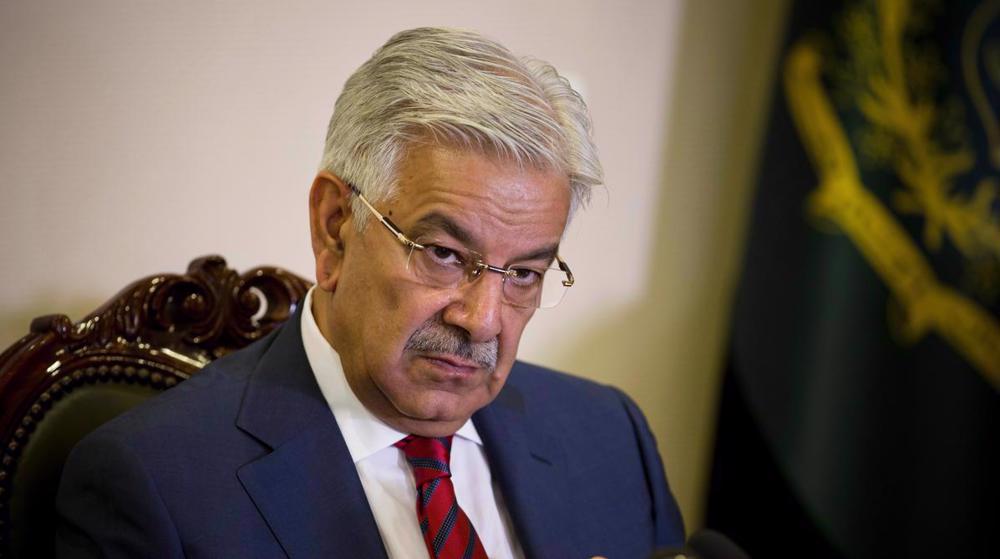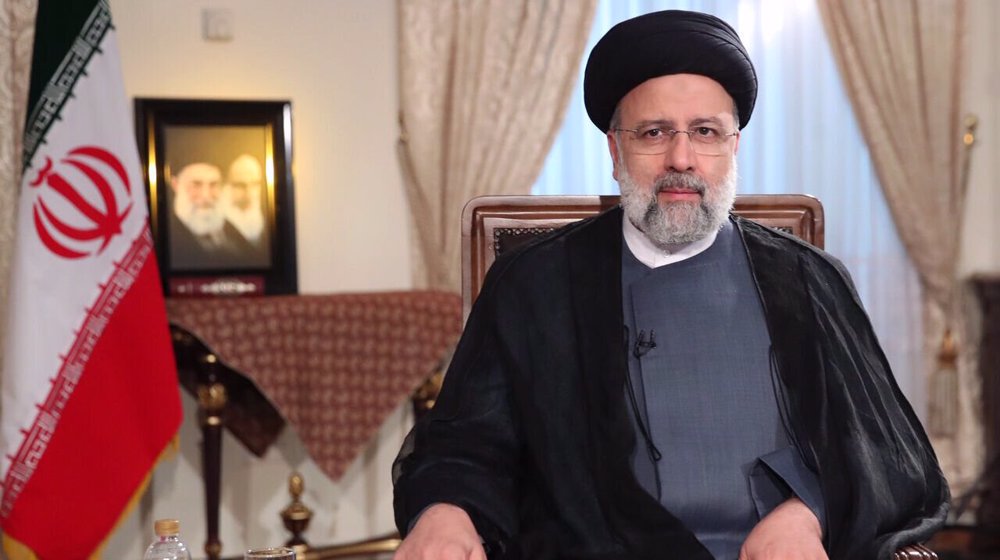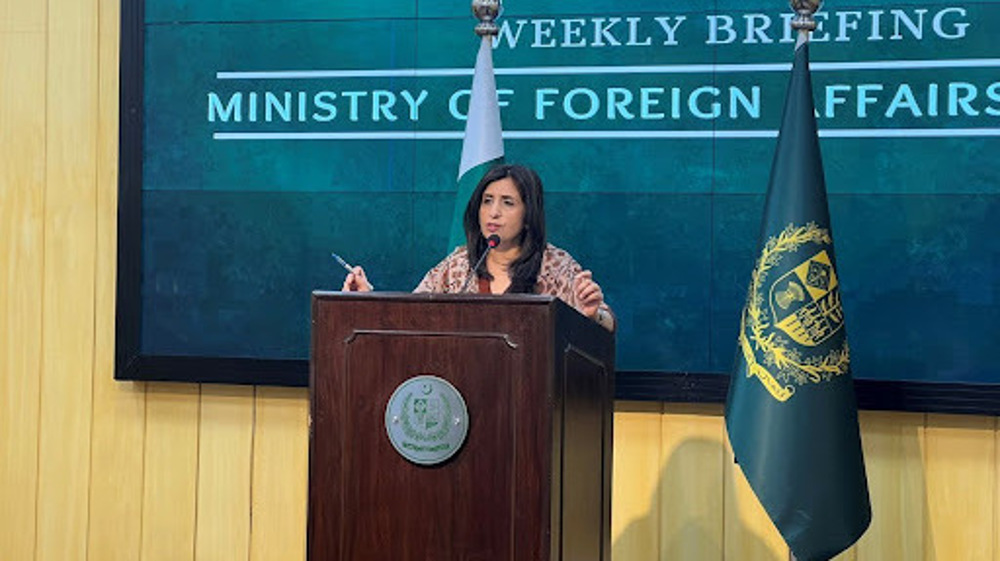Lawmakers grill govt. over ex-army chief's role in Saudi-led coalition
Pakistani lawmakers have grilled the government by raising objections over the appointment of the former army chief General Raheel Sharif as the commander of a Saudi-led military alliance.
Sartaj Aziz, a National Security and Foreign Affairs Adviser to Prime Minister Nawaz Shaif, told the senate, the upper house of parliament, that the divisive military bloc had yet to take formal shape.
Aziz added that the Terms of Reference (ToRs ) governing the operations of the so-called Islamic military alliance had not been finalized as yet. "There must be a meeting between member nations in order for the ToRs to be finalized, which has not been possible."
Aziz's statement, however, sparked controversy and generated a heated debate in the parliament. Lawmakers responded to his statement by questioning why the former army chief had been sent to Saudi Arabia if the ToRs were still unclear.
Senate Chairman Raza Rabbani argued why Sharif was in Saudi Arabia if he was not yet leading any army.
Rabbani also asked how the government had deemed it okay to send a former army chief who has knowledge of the country's nuclear secrets to a sensitive area without even knowing what he would be doing there.
"What if the ToRs are not in the interest of Pakistan's national security? What will you do then? You have already sent Raheel Sharif to Saudi Arabia," he asked.
Farhatullah Babar, a senior lawmaker, asked whether the former Pakistani army chief wished to signal his availability post-retirement to Saudi Arabia and whether the announcement was made for the benefit of the Saudi leadership.
The lawmaker asked why Raheel Sharif had announced 10 months prior to his retirement that he would not be looking for an extension in his tenure as army chief.
"What was the purpose of making the announcement so far in advance," Babar asked, "particularly if no offers had been made to him at that point?"
Ilyas Bilour, another senior lawmaker, said the ToRs against Iran would not be acceptable.
He said lawmakers would not allow there to be any sectarian conflict in Pakistan. "The country will be destroyed if there is sectarian conflict."
The appointment of Pakistan's former army chief as the commander of a Saudi-led military alliance has sparked controversy in the country.
The Islamabad government earlier issued a no-objection certificate (NOC) for Sharif to assume the command of the controversial alliance after an understanding that was reached between Pakistan and Saudi Arabia on the matter.
In December 2015, Saudi Defense Minister Deputy Crown Prince Mohammed bin Salman announced the formation of an alliance of Muslim-majority countries, which now includes 40 members. Riyadh claims the alliance has been formed to fight extremist groups such as the Daesh Takfiri terrorist group.
The news of the controversial appointment was strongly denounced by some politicians, retired army officers and intellectuals, as well as Shia and moderate Sunni Muslim leaders in Pakistan.
Main opposition parties, including the Pakistan People’s Party (PPP) and Pakistan Tehreek-e-Insaf (PTI), are also skeptical of Sharif’s role in the alliance.
Opposition lawmakers consider the decision a violation of a parliamentary resolution passed in April 2015 that called for Pakistan to maintain a policy of neutrality, particularly in the Saudi aggression against Yemen. The Saudi campaign has killed over 12,000 Yemenis, according to the latest tallies.
Some political activists have blamed the government of Prime Minister Sharif for colluding with some royals from Arab monarchies over the issue. Sharif spent nearly seven years in political exile in Saudi Arabia and has close personal ties with royal families of the Persian Gulf Arab countries.
Raeisi: Operation True Promise ‘a necessary response’ to Israel
OIC slams US for blocking Palestine’s bid for full UN membership
US police arrest 108 pro-Palestine protesters at Columbia University
Top commander names four 'historic achievements' of Operation True Promise
VIDEO | Iranian attack and crisis of entity
UN chief: Israel’s war turned Gaza into 'humanitarian hellscape'
Meta's WhatsApp challenged for complicity in Israel’s Gaza genocide
Iran, Jordan underline need to stop Israel’s genocidal war on Gaza











 This makes it easy to access the Press TV website
This makes it easy to access the Press TV website